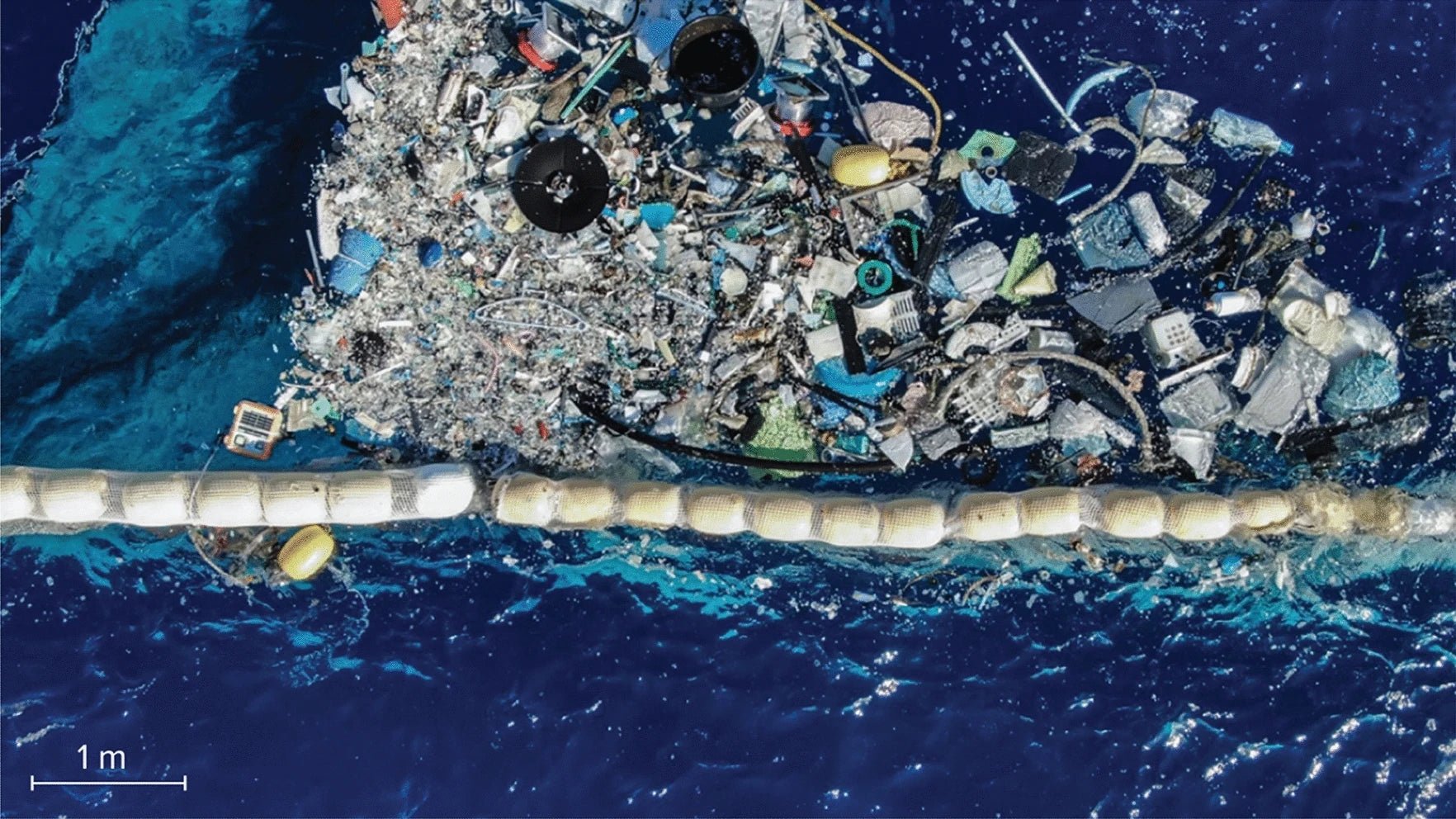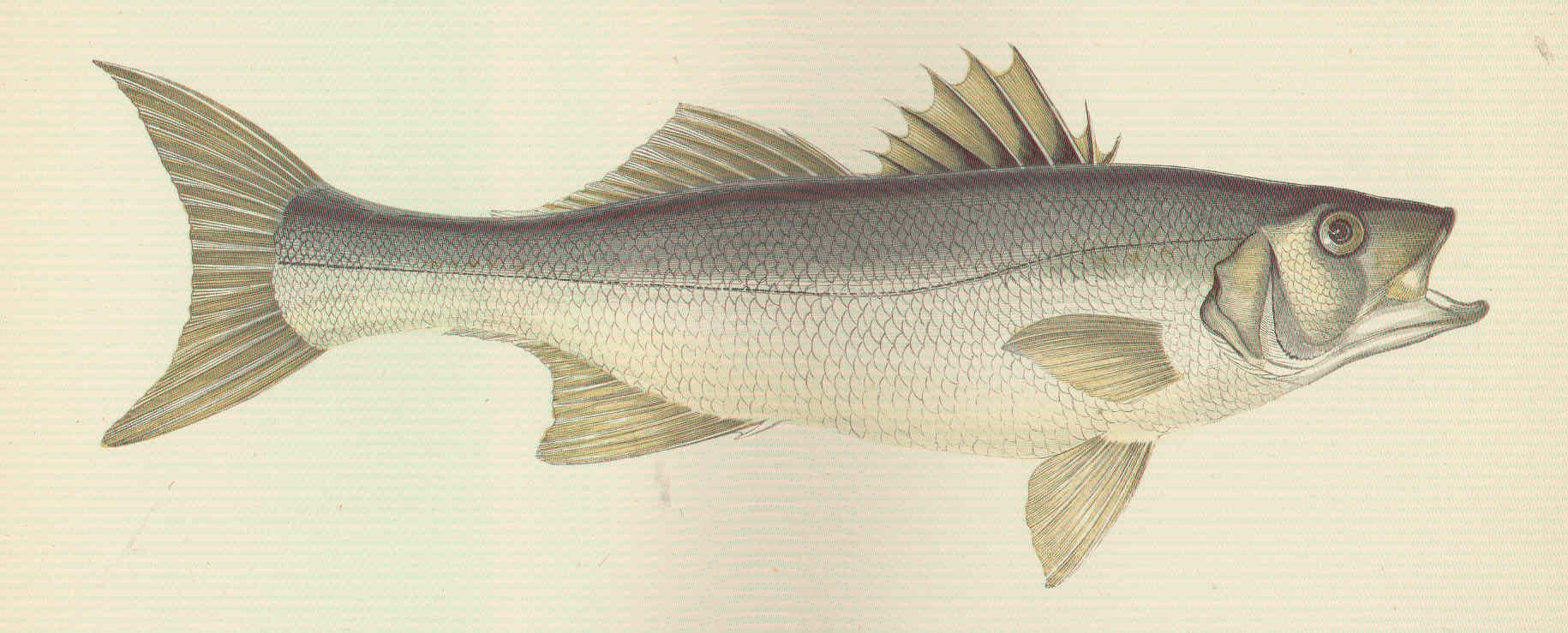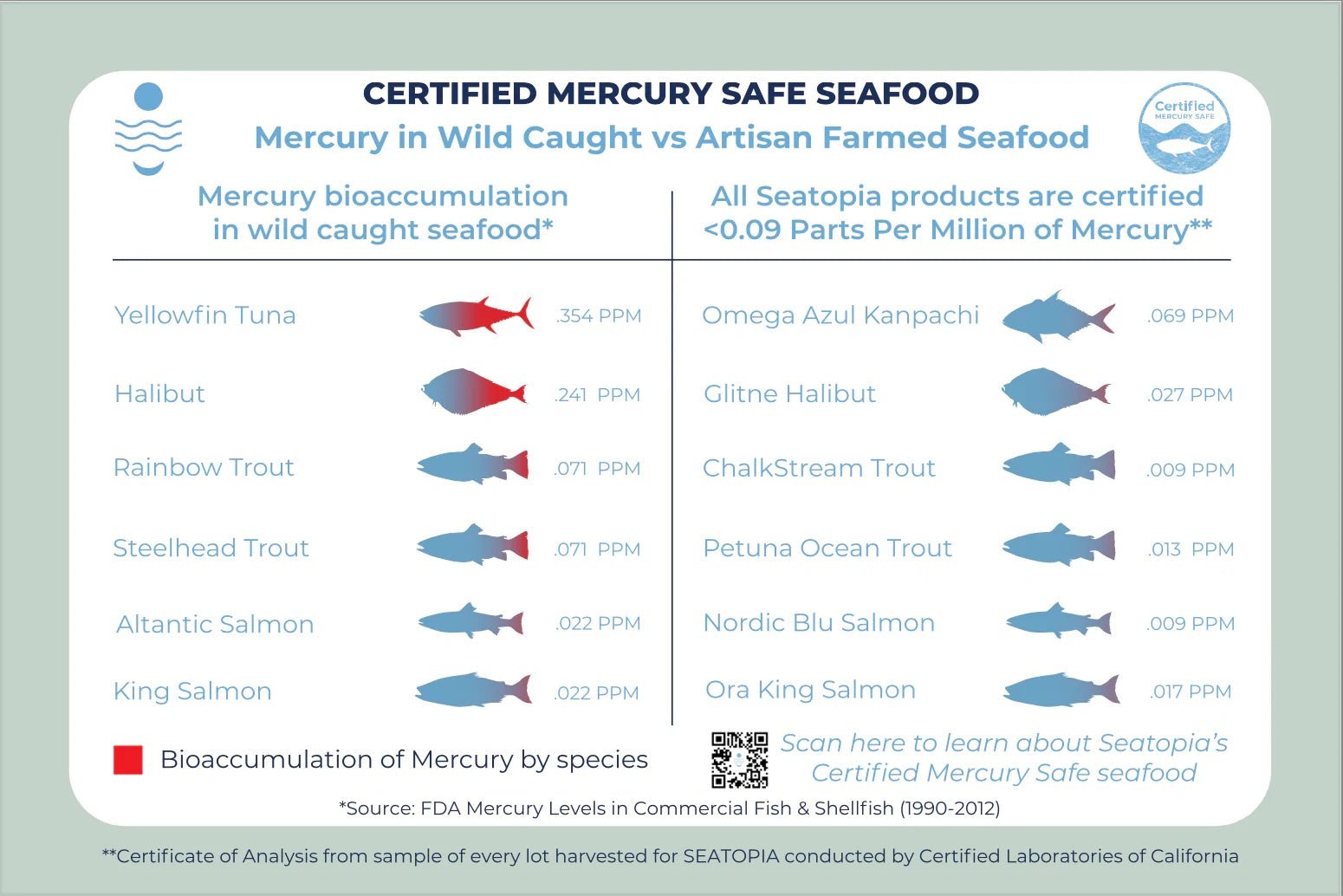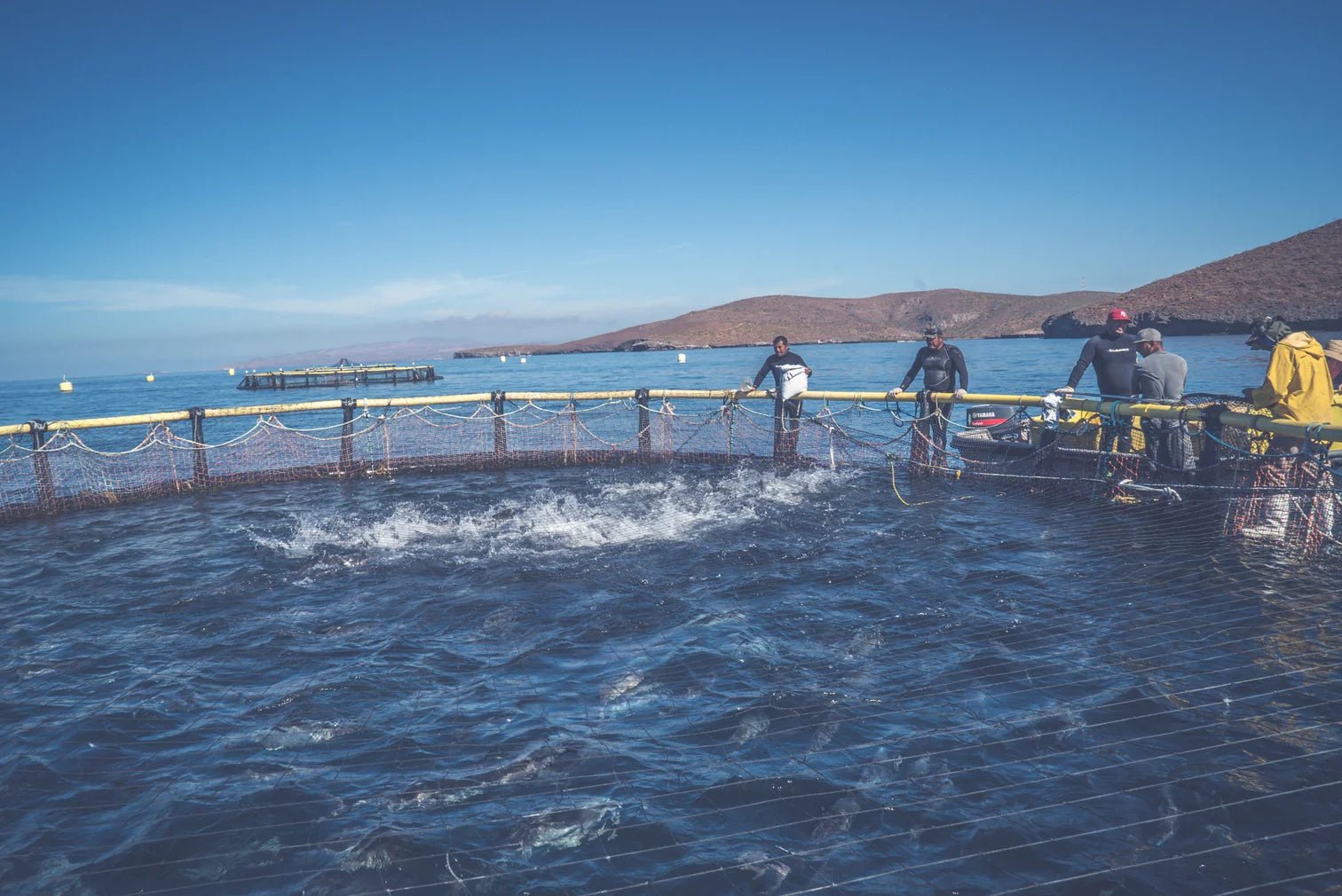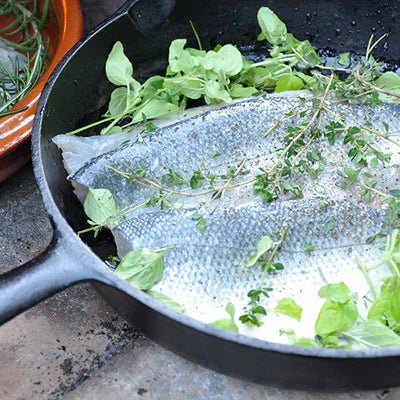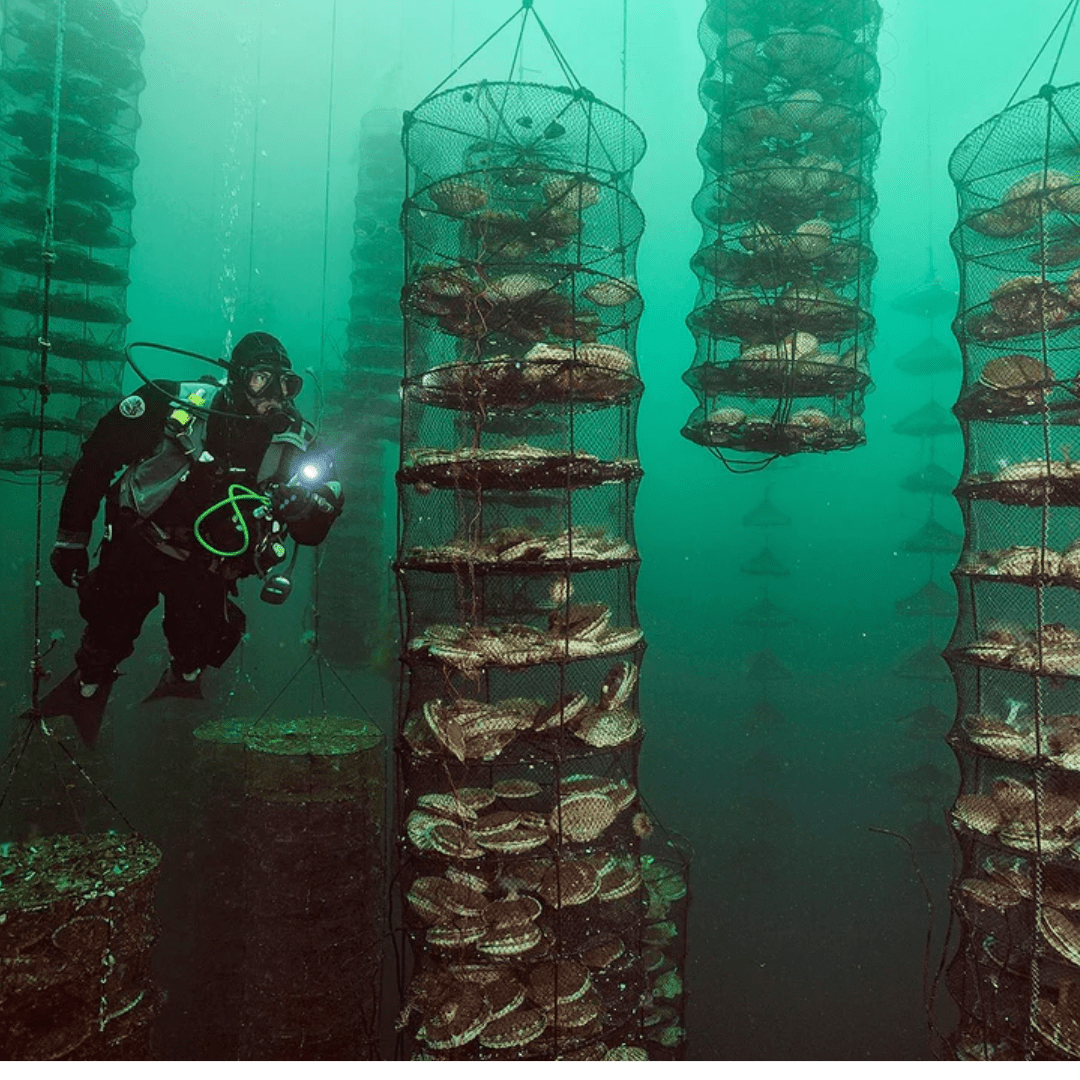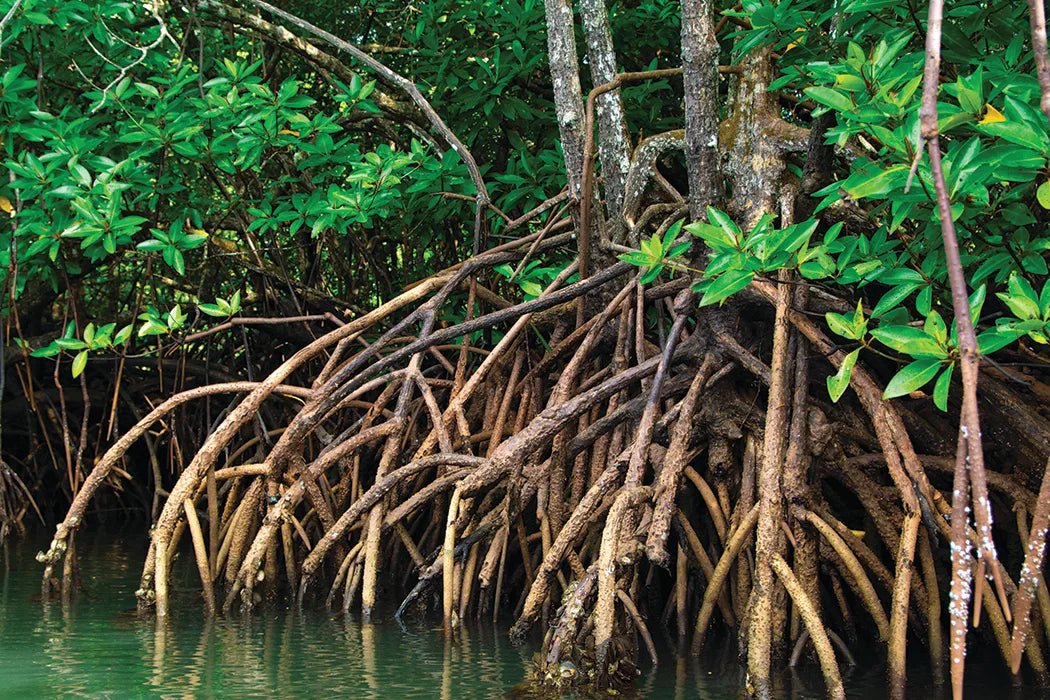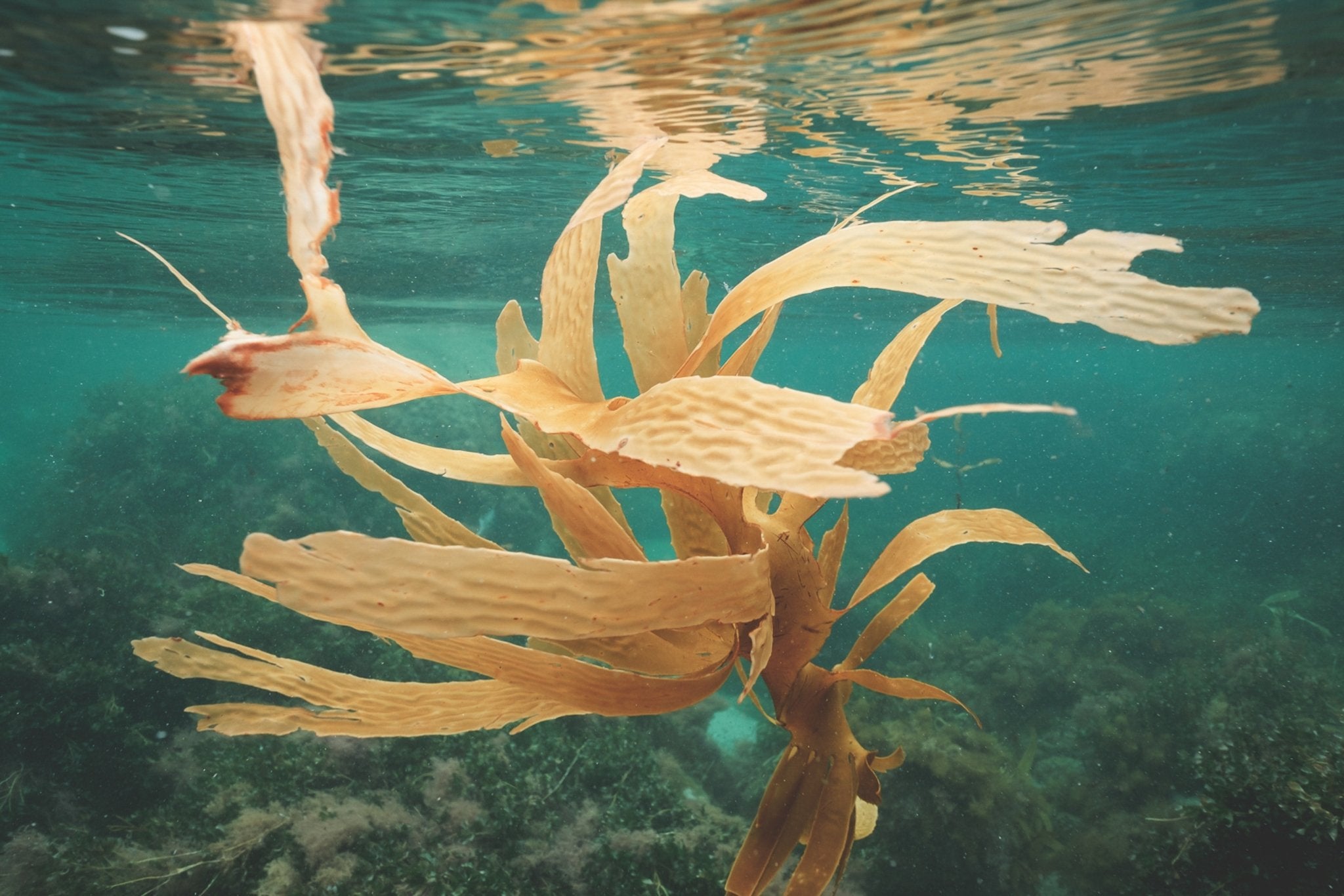Regenerative Aquaculture
Feature
Regenerative
Over 75% Of Plastic in Great Pacific Garbage Patch Originates From Commercial Fishing
Navigating Mercury in Seafood: FDA's New Survey and Seatopia's Commitment to Safe, Healthy Seafood
Beyond "Wild-Caught": What You Need to Know About Seafood Safety
Turning the Tide: Debunking Myths About Farmed Seafood with Seatopia
Lessons from Dan Barber: How Sustainable Farming Can Transform Our Food System
Why I Stopped Eating Wild-Caught Scallops (And What You Can Choose Instead)
Restorative Mangrove Shrimp? Black Tiger Shrimp Farms Regenerating Mangrove Forests


